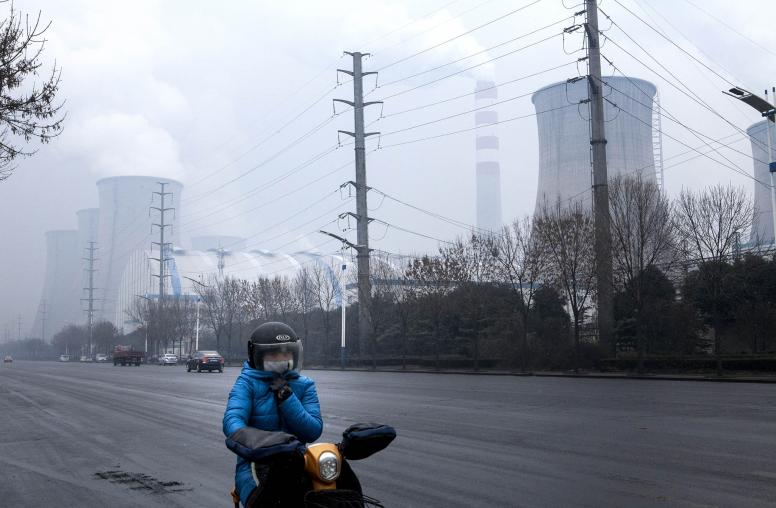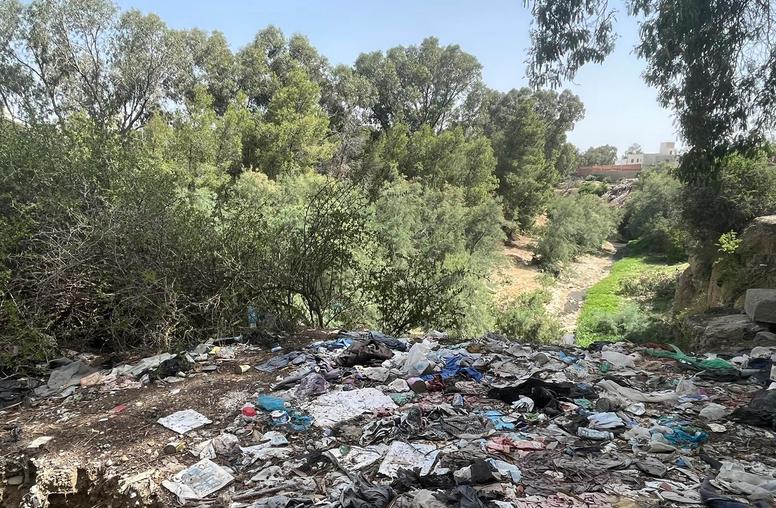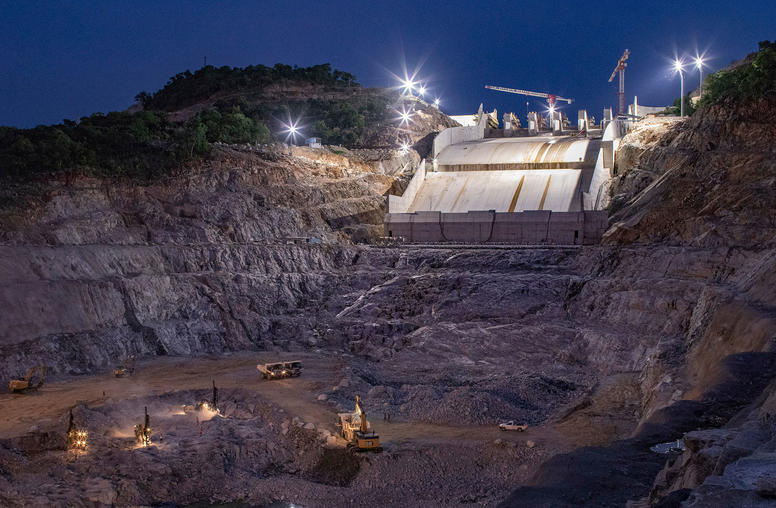 Environment
Environment
As climate change amplifies weather disasters and destabilizes food and water supplies, recent research has confirmed: Our planet’s warming is weakening already fragile states, increasing the risk of violent conflicts and sparking human displacement and migration on an unprecedented scale. USIP is working to understand how climate policy and peacebuilding can work together to ensure that we stay ahead of the climate curve and put affected communities on the path toward long-term peace and stability.
Featured Publications

A Livable Climate Needs Help From Youth; the U.S. Can Foster It
Humanity is at a tipping point. New data confirms 2023 as Earth’s hottest-ever recorded year. Increasing temperatures, rising seas and extreme weather are heightening tension over resources, damaging people’s health and livelihoods, and displacing millions. Young people have one of the largest stakes in climate decisions made today, for they face the lasting environmental consequences of climate change — and the consequent threats to peace and security. Yet youth remain mostly excluded from decision-making on climate. U.S. leadership, via three steps in particular, can bolster genuine youth leadership on climate that prioritizes the welfare of future generations.

International action on climate change is failing. How can it be strengthened?
After a record-breaking 2023, consolidated climate change science clearly shows that the earth’s temperature over the last 12 months was more than to 1.6oC above the pre-industrial average. This makes the most ambitious temperature goal of the Paris Agreement — holding the increase in global temperature below 2°C above pre-industrial levels — no longer scientifically feasible. Most estimates suggest that the increase will be 2.9oC or more by 2100. Meanwhile, international action under the Paris Agreement is faltering. “We are on a highway to climate hell with our foot still on the accelerator,” U.N. Secretary-General António Guterres said two years ago.

How ‘Traumatic Decarbonization’ Can Impact Political Stability and Peace
The process of decarbonization — that is, the replacement of fossil fuels with non-hydrocarbon-based forms of energy — is essential for the world to meet its climate goals. But in many fragile oil-producing states, hydrocarbon revenues are not just central to national economies. They also bind together the political system through elite revenue-sharing pacts. The rapid, unplanned decarbonization of these countries would spark political crisis, a process known as “traumatic decarbonization.”
Current Projects

Critical Minerals in Africa
Often throughout Africa’s history, natural resource exploitation has brought devastating consequences. However, it’s clear that Africa’s critical minerals will be developed regardless of the risks. The question is: How will critical minerals be developed and to whose benefit?

Local Solutions for Tunisia’s Environmental Crises
In partnership with USAID, USIP is embarking on an innovative, experimental project that will support Tunisia’s local governments and civil society as they co-develop and implement solutions to environmental governance challenges that are exacerbating fragility and heighten ing exposure to climate shocks.

Peace and Security Issues in Africa-China Economic Relations
Much of the research that has been conducted on the impact of China’s economic engagement with Africa has focused on their economic exchanges and security engagements in isolation of one another. But few have sought to understand the interconnections between these themes. These interconnections matter, as some Chinese firms are responsible for environmental degradation, population displacement, corruption and illegal extraction activities — all of which are factors that can drive conflict.